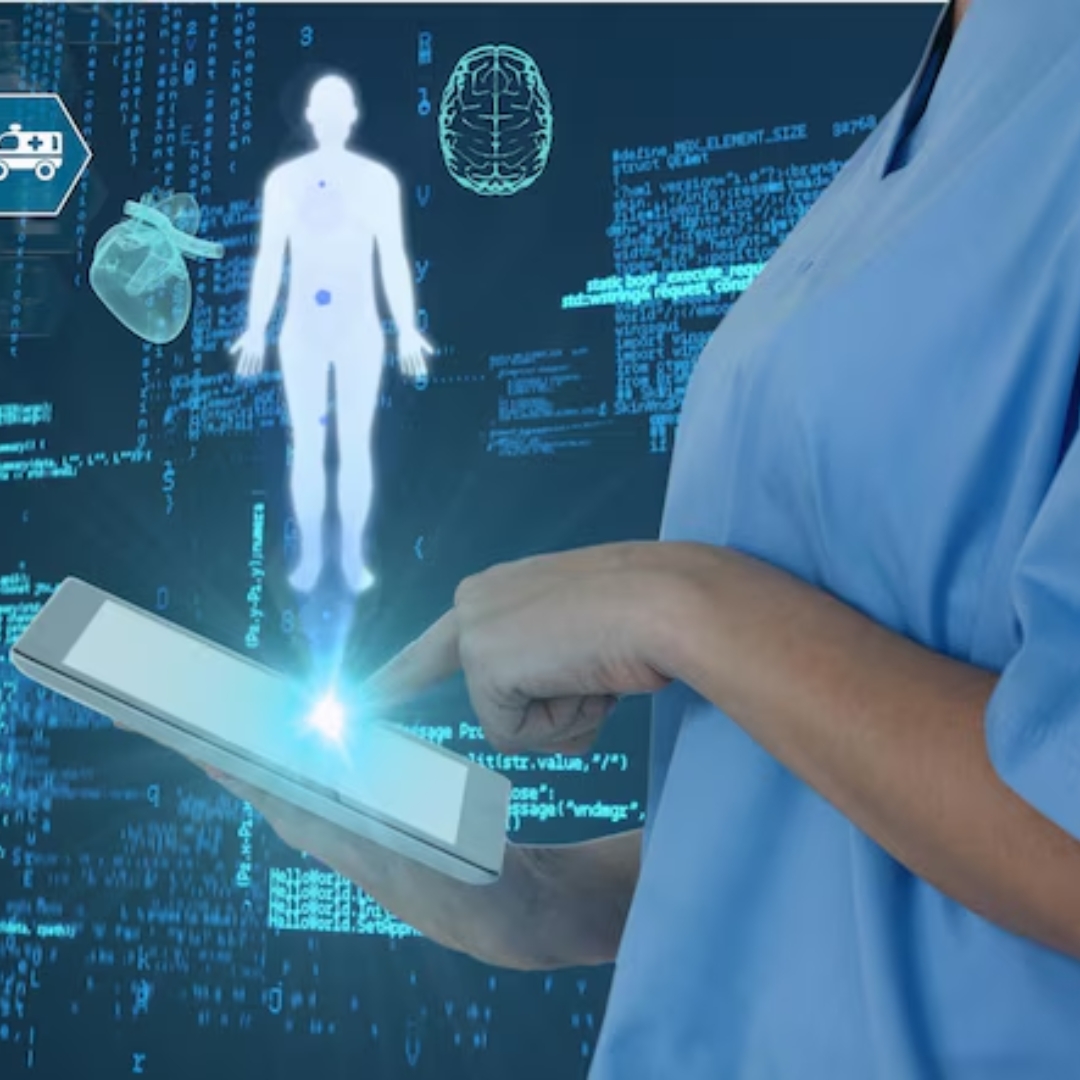Artificial Intelligence (AI) is reshaping industries worldwide, and healthcare is one of its most significant beneficiaries. AI-backed healthcare operations are revolutionizing how hospitals, clinics, and medical professionals manage patient care, data, diagnostics, and decision-making. From predicting diseases to optimizing hospital workflows, AI is enabling a smarter, faster, and more efficient healthcare ecosystem.
In a world where precision, speed, and personalization matter most, AI has become an indispensable ally for doctors and patients alike. Let’s explore how AI-backed healthcare operations are redefining modern medicine.
What Are AI-Backed Healthcare Operations?
AI-backed healthcare operations refer to the integration of artificial intelligence technologies—such as machine learning, predictive analytics, and natural language processing—into various aspects of healthcare management and clinical practices.
These systems analyze vast amounts of medical data to:
- Assist doctors in diagnosis and treatment planning
- Automate routine administrative tasks
- Enhance patient experience
- Optimize resource allocation and hospital operations
In essence, AI transforms healthcare from being reactive to proactive, data-driven, and highly efficient.
How AI is Revolutionizing Healthcare Operations
- Intelligent Diagnostics
AI-powered tools are now capable of detecting diseases earlier and more accurately than ever before. Machine learning algorithms analyze medical images, lab reports, and patient histories to identify anomalies—sometimes even before symptoms appear.
For example, AI-driven imaging systems can spot early signs of cancer, heart disease, or neurological disorders with incredible precision, allowing for timely intervention and better survival rates.
- Predictive Analytics for Preventive Care
Predictive AI models analyze patient data to forecast potential health risks. By studying trends from past medical records, wearable devices, and lifestyle factors, AI systems can predict diseases like diabetes, hypertension, or stroke before they develop.
This helps doctors provide preventive care instead of reactive treatment, improving overall patient health and reducing hospital readmissions.
- Streamlined Administrative Tasks
Healthcare administration often involves repetitive, time-consuming work—such as billing, scheduling, and documentation. AI automates these processes through smart data entry, voice recognition, and chatbots.
This not only reduces human error but also allows healthcare professionals to focus on what truly matters—patient care.
- Enhanced Patient Monitoring
AI-backed healthcare operations rely heavily on remote monitoring systems that track patients’ health in real time. Smart sensors and wearables powered by AI can analyze metrics like heart rate, oxygen levels, and blood glucose, instantly alerting doctors to irregularities.
Such systems are invaluable for chronic disease management and post-surgery recovery.
- Personalized Treatment Plans
AI enables precision medicine, tailoring treatment plans based on an individual’s genetics, environment, and lifestyle. Machine learning models can analyze massive datasets to identify which treatments are most effective for specific patients, ensuring improved outcomes and fewer side effects.
The Role of AI in Hospital Management
- Optimizing Resource Allocation
Hospitals often face challenges in managing staff, beds, and medical equipment efficiently. AI algorithms analyze patient inflow patterns, emergency cases, and resource usage to optimize hospital operations.
For instance, predictive AI tools can forecast patient admission rates and allocate resources accordingly, reducing wait times and improving overall service quality.
- Robotic Process Automation (RPA)
AI-powered robots assist in performing administrative and logistical tasks such as inventory management, appointment scheduling, and data organization. RPA not only increases accuracy but also ensures that hospital workflows run smoothly.
- Virtual Assistants and Chatbots
Many hospitals now employ AI-driven virtual assistants to handle patient inquiries, book appointments, and provide basic medical guidance. These 24/7 systems improve patient engagement and reduce the burden on medical staff.
AI in Surgery and Treatment
AI has also entered the surgical room, providing surgeons with unprecedented precision and support. AI-assisted robotic surgeries enable complex procedures to be performed with minimal invasiveness, reducing recovery time and complications.
In oncology, AI helps identify the most effective chemotherapy combinations. In cardiology, AI analyzes ECG data to detect irregularities before they become life-threatening.
The combination of human expertise and AI precision ensures safer, more efficient medical interventions.
Data Management and Security
Healthcare generates massive amounts of data daily. Managing and securing this data is critical—and this is where AI shines.
AI systems can:
- Encrypt sensitive information
- Detect cyber threats
- Ensure compliance with healthcare regulations such as HIPAA
Moreover, AI streamlines the integration of electronic health records (EHRs), enabling quick and easy access to patient histories across departments.
Benefits of AI-Backed Healthcare Operations
- Improved Accuracy: AI minimizes diagnostic and operational errors.
- Faster Decision-Making: Instant analysis enables quicker medical interventions.
- Cost Efficiency: Automation reduces administrative and operational costs.
- Better Patient Outcomes: Personalized care ensures higher treatment success rates.
- Enhanced Accessibility: Virtual consultations and telemedicine expand healthcare reach.
These benefits make AI one of the most transformative forces in modern healthcare.
Challenges and Ethical Considerations
Despite its vast potential, AI-backed healthcare operations face a few challenges:
- Data Privacy: Protecting sensitive patient data from breaches.
- Algorithm Bias: Ensuring AI models are fair and trained on diverse datasets.
- Human Oversight: Balancing automation with human judgment in critical care.
- Integration Costs: Implementing AI infrastructure can be initially expensive.
However, with continuous advancements and regulatory frameworks, these challenges are being addressed effectively.
The Future of AI in Healthcare
The future of AI-backed healthcare operations looks incredibly promising. Emerging technologies like Natural Language Processing (NLP), Deep Learning, and Generative AI will further enhance decision-making, diagnostics, and patient interaction.
Soon, AI will help create smart hospitals—where systems predict equipment needs, monitor patient vitals, and assist doctors automatically. AI chatbots may become capable of emotional intelligence, offering mental health support.
As 5G and IoT expand, real-time AI data analysis will become even faster, making healthcare more connected and responsive than ever before.
Conclusion
AI-backed healthcare operations are no longer a futuristic concept—they’re already here, transforming every aspect of medicine. By merging data analytics, automation, and intelligence, AI is empowering healthcare professionals to deliver faster diagnoses, personalized treatments, and better patient care.
As technology evolves, AI will continue to bridge the gap between human expertise and machine precision—ushering in a new era of smart, efficient, and compassionate healthcare.

